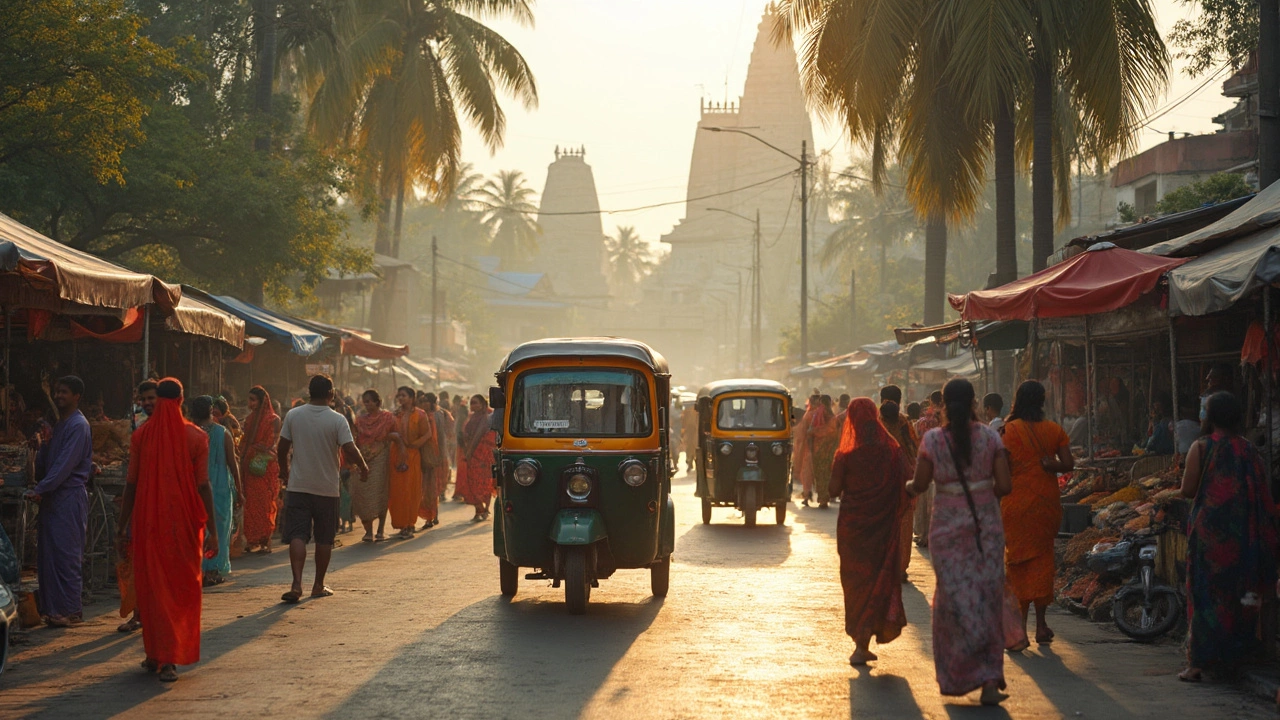Health Tips for Traveling in India: Stay Safe and Strong
When you're exploring India, your health, your physical well-being while traveling in unfamiliar environments. Also known as travel wellness, it's not about avoiding every risk—it's about knowing which ones actually matter. You don't need to live in fear, but you do need to be smart. Many travelers get sick not because they ate something dangerous, but because they didn’t know what to look for. The good news? Most health risks in India are preventable with simple, low-cost steps.
One of the biggest concerns is vaccinations for India, the immunizations that protect travelers from diseases common in the region. You don’t need every shot under the sun. Hepatitis A and typhoid are the two that actually make a difference for most visitors. Rabies? Only if you’re planning to hike remote trails or work with animals. Tetanus? Make sure your last shot was within the last 10 years. And no, you don’t need to get them all in one trip—plan ahead, but don’t panic. The same goes for safe food in India, the practices and choices that help travelers eat without getting sick. Street food isn’t the enemy. It’s often safer than hotel buffets. Look for busy stalls, food cooked fresh in front of you, and avoid anything sitting out in the heat. Drink bottled water. Skip the ice unless you know it’s made from purified water. And if you’re unsure? Stick to hot, freshly cooked meals. They’re your best bet.
Then there’s travel safety, the broader set of actions that keep you physically and mentally secure while on the road. This isn’t just about pickpockets or scams—it’s about mosquito bites, sun exposure, and knowing when to rest. In places like Goa or Kerala, dengue and chikungunya are real threats. Wear long sleeves at dusk. Use DEET. Sleep under a net if you’re in rural areas. Trekking in the Himalayas? Altitude sickness can sneak up fast. Take it slow. Hydrate. Listen to your body. These aren’t fancy rules—they’re basic survival habits that work.
What you’ll find below isn’t a list of fear-driven warnings. It’s a collection of real, tested advice from people who’ve been there—travelers who got sick, figured it out, and came back smarter. You’ll see how Mumbai and Delhi compare in terms of health risks, why Nagpur’s location doesn’t just make it the center of India but also a smart base for healthy travel, and how to eat street food without ending up in a clinic. There are guides on what vaccines you actually need, how to handle illness on the road, and why hiring a local guide isn’t just about navigation—it’s about health too. These aren’t theories. They’re lessons learned the hard way. And they’re all here to help you stay strong, so you can focus on the adventure, not the worry.
